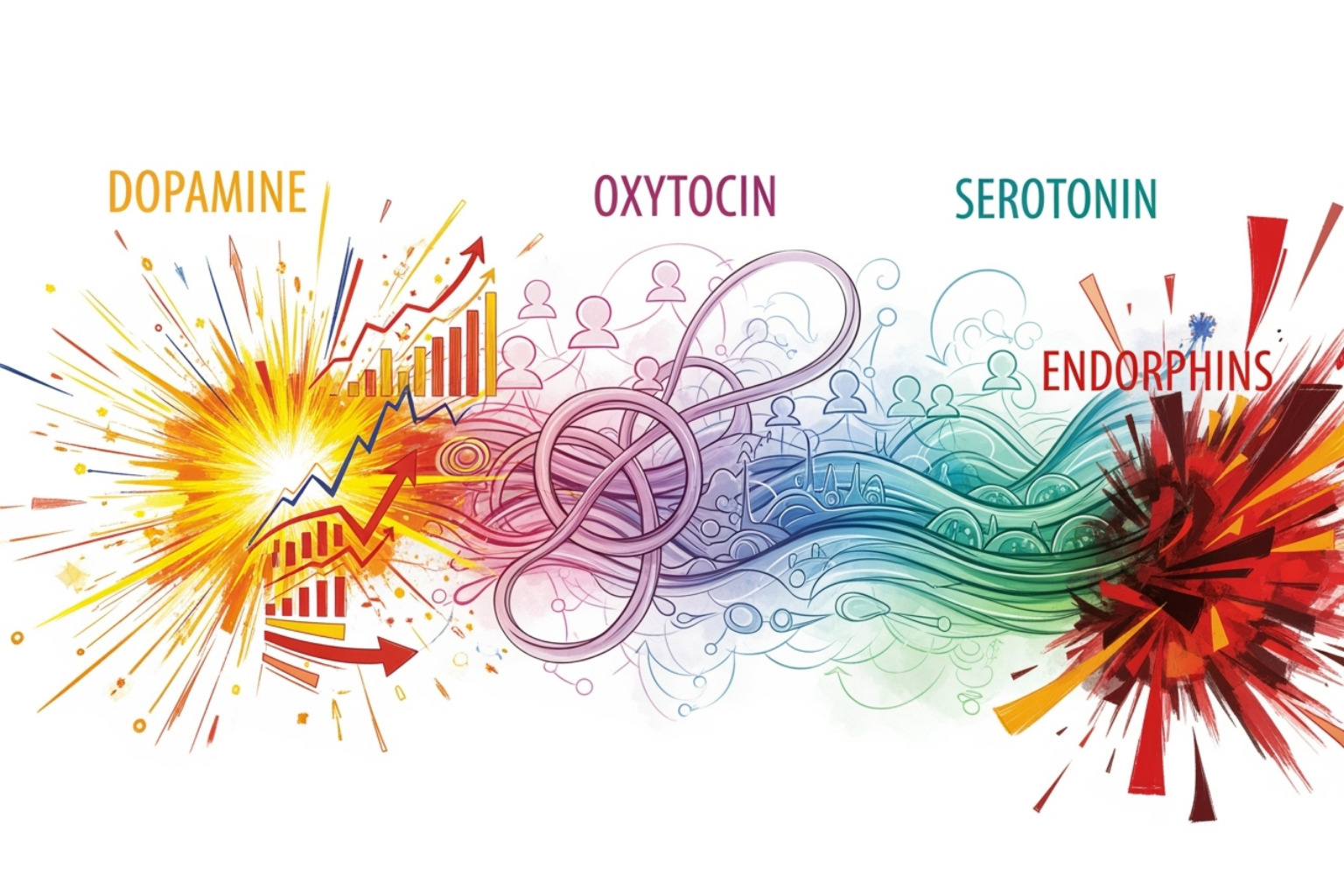The Ultimate Guide to Brand Campaign Strategy for Lasting Impact
Master brand campaign strategy for lasting impact. Build core value, leverage psychology, use AI, and measure success.
Master brand campaign strategy for lasting impact. Build core value, leverage psychology, use AI, and measure success.

Brand campaign strategy is the foundation that determines whether your startup will be remembered or forgotten. In a crowded marketplace, it takes just 50 milliseconds for people to judge your brand, making that first impression critical for long-term success.
A successful brand campaign strategy includes:
The difference between thriving and struggling brands often comes down to one truth: brand campaigns build lasting relationships, while marketing campaigns drive immediate actions. Nike's "Just Do It" campaign illustrates this perfectly; it sold a mindset, not just shoes, generating immense long-term value.
Your startup needs both, but a strong brand foundation makes all other marketing efforts more effective. The challenge for tech founders isn't just creating great products—it's building memorable brands that customers choose, trust, and recommend by combining strategic thinking with creative, data-driven execution.

Brand campaign strategy vocab to learn:
Your brand campaign strategy is like a house: without a solid foundation, everything else falls apart. Our LaunchX approach starts with the most critical element: building rock-solid core brand value.

Tech founders are brilliant at solving problems, but often struggle to answer, "What does your brand actually stand for?" Your brand identity isn't just a logo; it's the core values, mission statement, and storytelling that make customers choose you. Getting this foundation right makes every other marketing effort feel authentic and connected.
Your brand values are the principles that guide your decisions when things get tough, not just words on a poster. Many brands try to be everything to everyone—"innovative," "trustworthy," "cutting-edge"—and end up being nothing to anyone. Your brand voice must pick a lane and own it.
Transparency and authenticity are business imperatives. According to a 2018 Accenture survey, 66% of consumers prefer transparent brands, and this can be a startup's secret weapon against larger competitors. Being genuine about your journey, challenges, and wins builds trust.
Think about the feeling you want your brand to evoke. Are you the helpful expert, the bold innovator, or the reliable partner? This emotional connection is where Color Psychology in Branding and Marketing becomes crucial. The magic happens when your values, voice, and visuals tell a unified story, turning customers into believers.
Founders often assume they know their customers because they are their customers, but this is a common mistake. A successful brand campaign strategy requires understanding that early adopters may differ from your growth market.
Customer personas are your guide, but they must go beyond demographics. Dive deep into psychographics: what are your customers' fears, aspirations, and frustrations? Demographics tell you who they are; psychographics tell you why they buy. The "why" is where brand campaigns succeed.
Tools like empathy mapping help you step into your customers' shoes, while the jobs-to-be-done framework clarifies what functional or emotional job they are "hiring" your product to do. This is where Data-Driven Customer Insights are invaluable, allowing you to build a strategy on evidence, not guesswork.
Measuring brand awareness is challenging but not impossible. It just requires different tools than a sales dashboard. It's vital to understand the difference between brand recall (thinking of your brand unprompted) and brand recognition (identifying your brand from a visual cue). Both are important indicators of brand strength.
SMART goals for brand campaigns look different. Instead of "increase sales by 20%," a goal might be "increase unaided brand recall by 15% among our target audience in six months." Sentiment analysis provides real-time feedback on how people feel about your brand, allowing you to track changes over time.
Focusing on Brand Equity for Long-Term Success: Building Value That Lasts creates compounding returns. Every positive interaction builds on itself. Your goals should reflect this long-term thinking while providing concrete metrics to track progress. A brand campaign you can't measure is just expensive art.
With a strong brand foundation, it's time to bring your brand campaign strategy to life. Our OrbitX approach uses psychology and behavioral science to ensure your campaigns resonate and inspire action, turning exposure into memorable experiences.

At CRISPx, our unique DOSE Method™ (Dopamine, Oxytocin, Serotonin, Endorphins) is central to this process. We design campaigns that tap into the brain's natural reward systems to create powerful emotional connections. This approach, rooted in Behavioral Science in Marketing, helps us influence consumer behavior by leveraging emotional triggers and cognitive biases.
In a world saturated with content, your creative must be a magnet. With the average social media ad viewed for only 3.4 seconds, your first-second strategy is paramount. To cut through the noise, we focus on:
We emphasize Creative Content Marketing Strategies that are not just beautiful but strategically designed to improve audience familiarity and trust.
People trust people. In fact, 92% of people trust user-generated content (UGC) as much as advice from friends or family. This makes UGC an incredibly powerful tool in your brand campaign strategy. We encourage it by creating shareable experiences, like unique unboxings or interactive contests.
Influencer marketing also plays a key role. The two-step flow of communication theory suggests people rely on trusted opinion leaders to shape their views. Partnering with authentic influencers who align with your niche extends your reach and credibility. Building Brand Advocacy turns customers into your biggest cheerleaders, creating a cycle of trust and growth.
An effective brand campaign strategy employs an omnichannel approach, integrating multiple touchpoints into a cohesive narrative. Here are some effective channels for promoting brand awareness:
The key is to select channels where your target audience spends their time, ensuring your message is delivered effectively rather than spreading your budget too thin.
Artificial intelligence is now an essential partner for a modern brand campaign strategy. At CRISPx, we see AI not as a replacement for human creativity, but as a brilliant research assistant that processes millions of data points in seconds.

The magic happens when we combine AI in Digital Marketing with human intuition. AI handles the heavy lifting of data analysis, while our creative teams craft stories that connect with people. This partnership allows us to create campaigns that are both emotionally resonant and strategically precise, using predictive analytics to anticipate market shifts and generative AI to create creative variations for hyper-personalization.
AI can analyze patterns in customer behavior that would take humans weeks to identify, giving you transformative insights.
AI-powered audience segmentation goes beyond demographics to examine online behavior, content engagement, and decision-making moments. This level of understanding, which helps Netflix drive 80% of viewer activity through recommendations, makes customers feel valued.
Competitor analysis with AI means you're never caught off guard. Tools monitor competitors' campaigns in real-time, identifying what's working and spotting gaps in the market your brand can fill.
Trend prediction is where AI shines. By analyzing social media conversations and market data, AI can forecast emerging trends, allowing your brand campaign strategy to be ahead of the curve. The foundation for this is sophisticated market research, where AI processes consumer feedback at scale. This approach, central to Data Analysis in Marketing, ensures decisions are backed by evidence.
AI doesn't replace creativity—it boosts it. Imagine testing dozens of creative variations simultaneously or knowing which visual elements will capture attention before launch.
A/B testing with AI operates at a massive scale, testing countless ad variations across different audiences and platforms. The AI learns from each interaction, continuously optimizing for better performance.
Ad creative analysis can predict which visuals will perform best by analyzing color contrast, focal points, and visual complexity. It can even tell you if your logo is positioned for maximum attention or hidden in the "Corner of Death." Measuring visual complexity helps ensure your ads stand out without being overwhelming.
Generative AI for content expands creative possibilities. While human strategists define the core message, AI can generate copy variations, suggest visual concepts, and create storyboards. This collaboration, which we explore in Balancing Creative Freedom with AI Structure: A CrispX Approach, helps teams explore more ideas faster.
By integrating these AI capabilities into our Data-Driven Ad Campaigns, we create campaigns that don't just reach people—they resonate.
Many brand campaign strategies stumble in how they measure success. It's easy to chase vanity metrics like likes and impressions, but we need to know if we're shifting hearts, minds, and behaviors.
| Metric Type | Examples (Vanity Metrics) | Examples (Impact Metrics) |
|---|---|---|
| Awareness | Likes, Impressions | Brand Recall, Recognition, Share of Voice |
| Engagement | Comments, Shares | Sentiment Shift, Time on Site, UGC Volume |
| Conversion | Clicks | Conversion Lift, Customer Lifetime Value |
Vanity metrics feel good, but impact metrics tell us if our campaign actually changed minds or drove action. At CRISPx, we focus on incrementality—understanding what your campaign achieved beyond what would have happened anyway. We use attribution modeling to trace the customer journey and reveal the long-term metrics that reflect genuine brand health.
To track a successful brand campaign strategy, we focus on metrics that reveal the deeper story:
Even great brands can make simple mistakes. Avoid these common pitfalls:
Here are quick answers to common questions from tech founders about building a meaningful brand.
Think of it this way: marketing campaigns ask for a sale, while brand campaigns build the long-term trust that makes people want to buy. A brand campaign strategy focuses on your values, personality, and the emotional connection you create. It's about building who you are. A marketing campaign is more direct, using offers and calls to action to drive immediate results. Strong brand campaigns make marketing campaigns more effective.
The single most crucial element is authenticity. You can't fake it. A successful brand campaign strategy must be rooted in an honest understanding of who your brand is, what it values, and how it genuinely helps its audience. When you combine authentic brand values with true empathy for your customers' needs and aspirations, you create a connection that lasts.
Measuring brand campaign ROI requires looking beyond immediate sales. Brand building is a long-term investment. We track leading indicators that correlate with future business success:
A strong brand ultimately leads to lower customer acquisition costs, higher customer lifetime value, and better pricing power, delivering significant ROI over time.
An enduring brand campaign strategy isn't about catchy slogans; it's about building a brand that becomes a part of people's lives. This requires a comprehensive approach built on three pillars: foundation, psychology, and amplification.
This is not a one-time process. A brand campaign strategy must be iterative. The brands that last are those that stay curious, keep testing, and make data-informed decisions without losing sight of their core identity.
The CRISPx approach combines these elements to help tech companies with amazing products avoid the common pitfall of treating branding as an afterthought. Your brand has the potential to be the name customers think of first, trust deeply, and recommend enthusiastically.
Ready to build a brand that thrives? Explore our Launch services to build your brand's foundation.